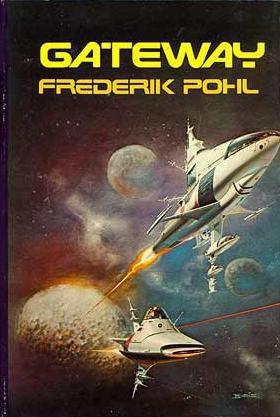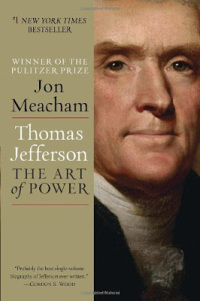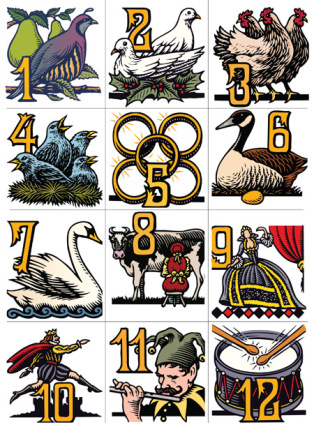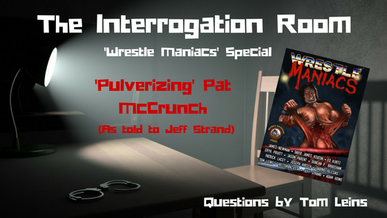 Gateway is a 1977 science fiction novel by Frederik Pohl that tells the story of Robinette Broadhead, who is both extremely wealthy and in therapy because of the traumas that he faced while on Gateway: an alien spaceship hub with spaceships capable of interstellar travel. This novel was an instant classic when it was first published, winning the Hugo Award, the Locus Award, the Nebula Award, and the John W. Campbell Memorial Award. Rightly so, I think.
Gateway is a 1977 science fiction novel by Frederik Pohl that tells the story of Robinette Broadhead, who is both extremely wealthy and in therapy because of the traumas that he faced while on Gateway: an alien spaceship hub with spaceships capable of interstellar travel. This novel was an instant classic when it was first published, winning the Hugo Award, the Locus Award, the Nebula Award, and the John W. Campbell Memorial Award. Rightly so, I think.
For one, what struck me from the beginning is how much of a page-turner it is. The set-up for the novel (a traumatised man in therapy because of the mysterious horrours in his past) works beautifully to make the reader feel like the pages don’t turn fast enough. You simply have to race to the end to find out what happened. This is also because the set-up is combined with absolutely marvellous science fiction concept: there are alien spaceships that are capable of travelling anywhere in the galaxy, but you have no idea where you’ll end up, meaning you’ll come back empty handed, fabulously rich, or dead from a most gruesome death. I loved this concept, making me want to read all the faster.
One of the reasons why this concept works so well is that it works so well as a critique of the capitalistic system we live in: it both highlights the lottery-like nature of it, as well as de-glamourising the lives of those who have happened to win that lottery.
Another aspect of the book that I really liked is the main character. Pohl has done a very good job of creating a complex and layered main character in Robinette. What was even more impressive and enjoyable to me, however, was how Robinette goes from being seen as a highly sympathetic character in the beginning, to being quite seen as quite an anti-hero towards the end. Pohl does a very good job of transitioning from one to the other: after setting Robinette to be purely sympathetic in the beginning, Pohl does a good job of hinting that that’s not quite accurate before hitting the reader with a climactic and very violent scene where the reader is forced to readjust his mental image of Robinette. It was fascinating to me how much my mind resisted those hints, purely because they went against my first impression of the character. At the same time, when I was forced to readjust my image of him, that readjustment was satisfying because I could look back on the hints that I had previously ignored and see how they had inevitably led up to that point.
The ending of the novel was somewhat of a mixed bag for me, however. What I enjoyed about it was how ambiguous it all was, both in terms of what actually happened in Robinette’s past, and how Robinette actually reacts to having confronted that past. (As a side-note, liking that ambiguousness and having heard that the sequels are quite bad are reason enough for me to pretend that Gateway is a standalone novel.) However, despite that ambiguousness, I do have a specific reading of the events that I see as most likely, and that set of events is a bit of an anti-climax. I don’t think it does a good enough job of paying off on the mystery that was built the whole novel through. But, that’s just my personal opinion: I know that others read the ending differently.
In short, Gateway is a fantastic classic of the science fiction genre, managing to be both a complete page-turner, as well as incredibly thought-provoking. I would heartily recommend to all science fiction fans.
Share this:




